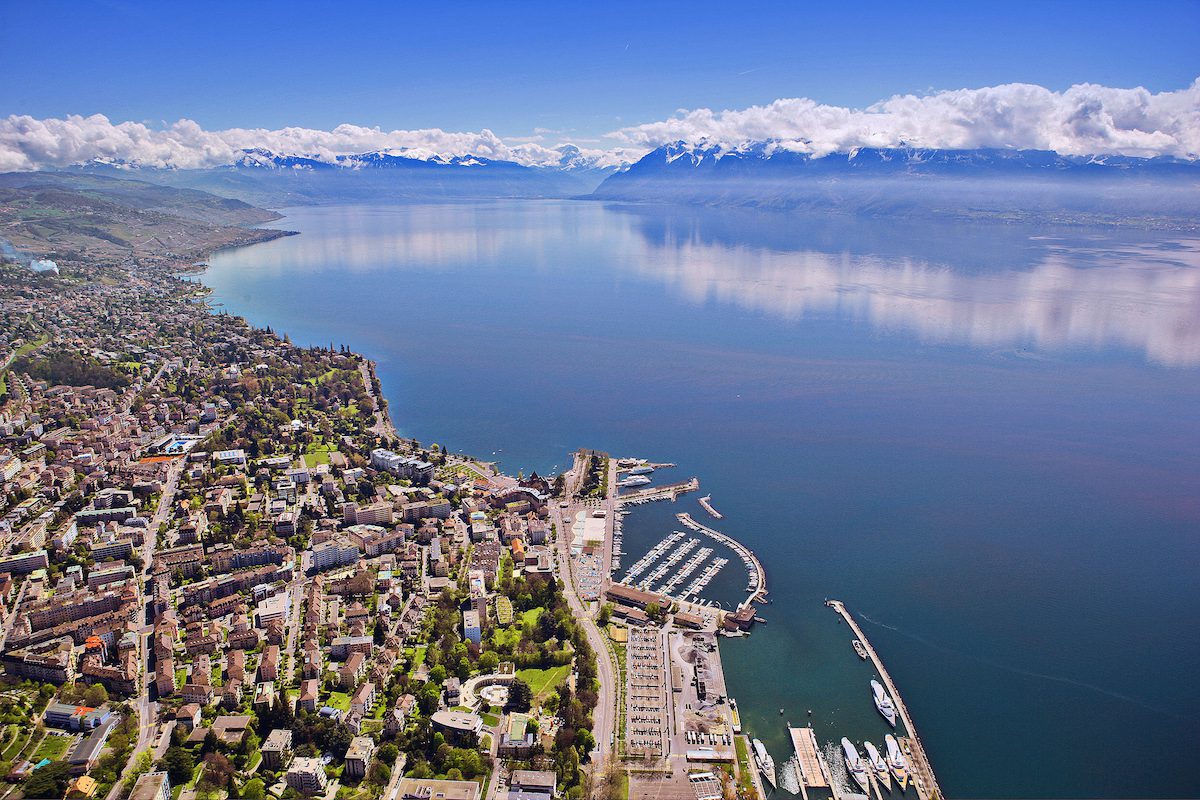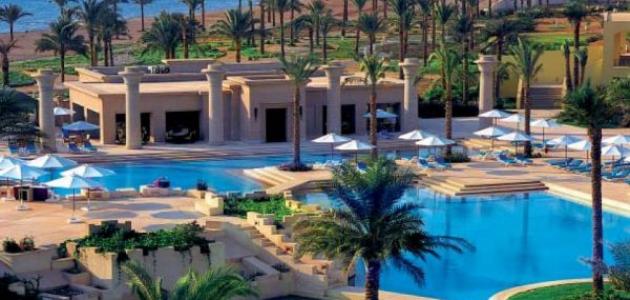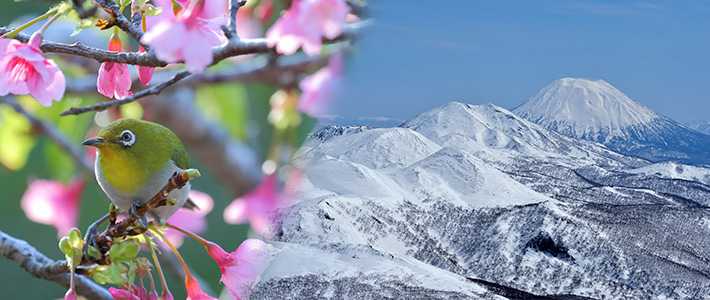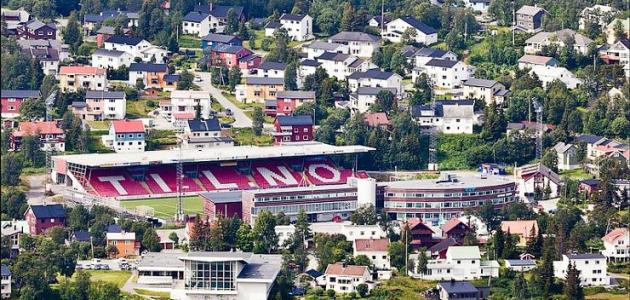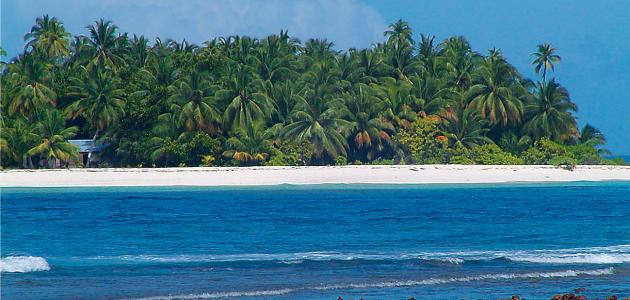Table of Contents
Assiut Governorate
Assiut is an Arab-Egyptian governorate located in Upper Egypt, with a land area of 25.926 km², bordered to the east by the Red Sea and the Eastern Desert, to the southwest by the New Valley and Kharga, to the southeast by Sohag Governorate, and to the north by Mina Governorate, and formerly known as Sot; It is a word from the hieroglyphic meaning guard.
Information about the effects of Assiut
Ancient tombs
- Mir’s tombs: It is located geographically in the western side of the village of Mir in the northwestern direction of the governorate, as it is 65 km away from it, and it includes nine graves carved in the mountain that belong to the fourteenth princes of the province and its rulers, known as Kees.
- The short Amarna tombs: They are carved graves located in the city of Al-Qusiya in the western mountain, and date back to the year 2420-1778 BC.
- The ancient Hammamet tombs: It is located in the southern side of the city of Al-Badari, in the southeastern side of Assiut, specifically in the village of Hammamiya, and dates back to the end of the fourth family, and the early fifth family.
Muharraq Monastery
The Monastery of Muharraq was built at the foot of the western mountain in the fourth century AD, and it is also called the Monastery of Jabal Qasqam, and the St. George’s Church was built in 1898 AD, and the Church of the Virgin Mary in 1960 AD. Sixth, and early seventh century AD.
Islamic commercial agencies
Islamic commercial agencies is a commercial city dating back to the Ottoman era, and it is located on Muhammed Mahmoud Pasha Street, and includes many mosques; such as the Sidi Jalaluddin Al-Suyuti Mosque, Al-Hawanit Trading Copper, scrap and handmade fabrics, and agencies as a Shalabi Agency and Lutfi Agency, the Ottoman-style Mashaidat.
Al Majzoub Archaeological Bridge
The archaeological bridge of Majzoub is one of the most prominent water installations that were built in Assiut in 1251 AH during the rule of Muhammad Ali, and it includes three water eyes.
Ancient mosques
- Mujahideen Mosque: It is considered one of the oldest mosques in Medina, and was built during the rule of Prince Muhammad Bey in the Ottoman Empire in the year 1706 AD.
- Al-Farghal Mosque: It is located in the southern side of Assiut, specifically in the city of Abu Tig, at a distance of 27 km, and is characterized by its contain two towering minarets, and the shrine of Imam Muhammad al-Farghal (Sultan of Upper Egypt).
Other Asyut landmarks
- The civilization of the Tasa Monastery.
- And Al-Janashry Street.
- Akhenaton city paintings.
- Al Azhar university.
- Valley Sanctuary.
- The Nile River.
Assiut economy
- Agriculture sector: Such as planting pomegranate, bananas, grapes, cotton, maize, manga, blend, wheat, sesame, heels, and peanuts.
- Industry sector: Such as the furniture, furniture, and major industries sector, such as petroleum refining, fertilizers, cement, medicine, and cotton yarn.
- Trade and banking sector: As Assiut is considered one of the first economic and commercial centers in Egypt.
- tourism sector: The city includes an abundant number of tourist, historical and ancient monuments.

